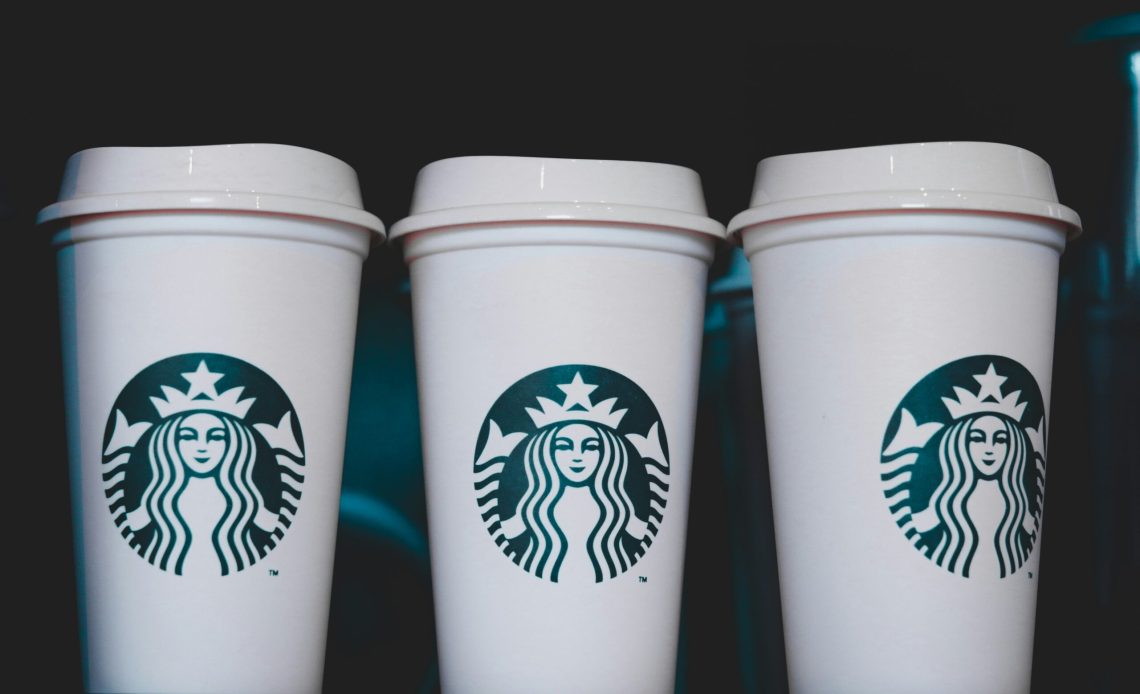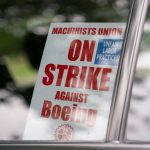
A five-day strike by Starbucks employees has escalated into the largest work stoppage in the company’s history, with over 5,000 workers from more than 300 US stores expected to join the action, as per a Reuters report.
The walkout, led by Starbucks Workers United, has shut down 60 stores across key cities like New York, Los Angeles, and Seattle.
The protest stems from unresolved disputes over wages, staffing, and scheduling, with negotiations at a standstill.
Workers say these issues have been brewing for years and demand that Starbucks takes immediate action.
This significant disruption is set to continue until Christmas Eve, underscoring growing tensions between the coffee giant and its unionised workforce.
Wage disputes and stalled talks trigger strike expansion
The strike comes after months of unsuccessful negotiations between Starbucks and the union.
Workers have voiced dissatisfaction with the company’s offer of a future 1.5% wage increase, rejecting it as insufficient amidst rising living costs.
Starbucks Workers United has criticised the coffee chain for failing to present “a serious economic proposal.”
Workers United has advocated for significant wage increases, requesting a 64% rise in minimum hourly wages immediately and a 77% increase over a three-year contract.
In response, Starbucks has labeled these demands as “unsustainable.”
Starbucks, which operates over 10,000 stores in the US, maintains that the impact on its operations will be minimal.
The company claims the majority of locations remain open and has reiterated its willingness to return to negotiations.
However, the union disputes this, accusing Starbucks of ending prior bargaining sessions prematurely.
The strike also highlights broader labour challenges within the service industry, where understaffing and irregular schedules have fuelled dissatisfaction.
For Starbucks, which prides itself on its progressive image, the strike signals a disconnect between corporate messaging and employee sentiment.
The walkout comes at a critical time, as holiday sales often represent a significant portion of Starbucks’ annual revenue.
Major cities feel the impact as Starbucks grapples with unrest
Key locations in cities like Boston, Seattle, and Los Angeles have felt the brunt of the strike, with closures forcing customers to turn to alternative coffee options.
While Starbucks insists the disruptions are limited, the scale of the protest suggests otherwise.
This strike, described by union representatives as a “show of strength,” indicates the possibility of prolonged unrest.
The timing, during the peak holiday season, amplifies its impact, potentially affecting Starbucks’ revenue and brand perception.
Some analysts warn that continued disputes could influence investor confidence, adding pressure on the company to address worker grievances.
Looking ahead, the outcome of this labour dispute could set a precedent for other unionised retail and service workers.
Starbucks Workers United has stated that this strike is only the beginning, signalling a more confrontational approach to securing worker demands in 2024.
The post Starbucks strike to escalate to 300 stores as more workers plan walk out on Christmas Eve appeared first on Invezz






